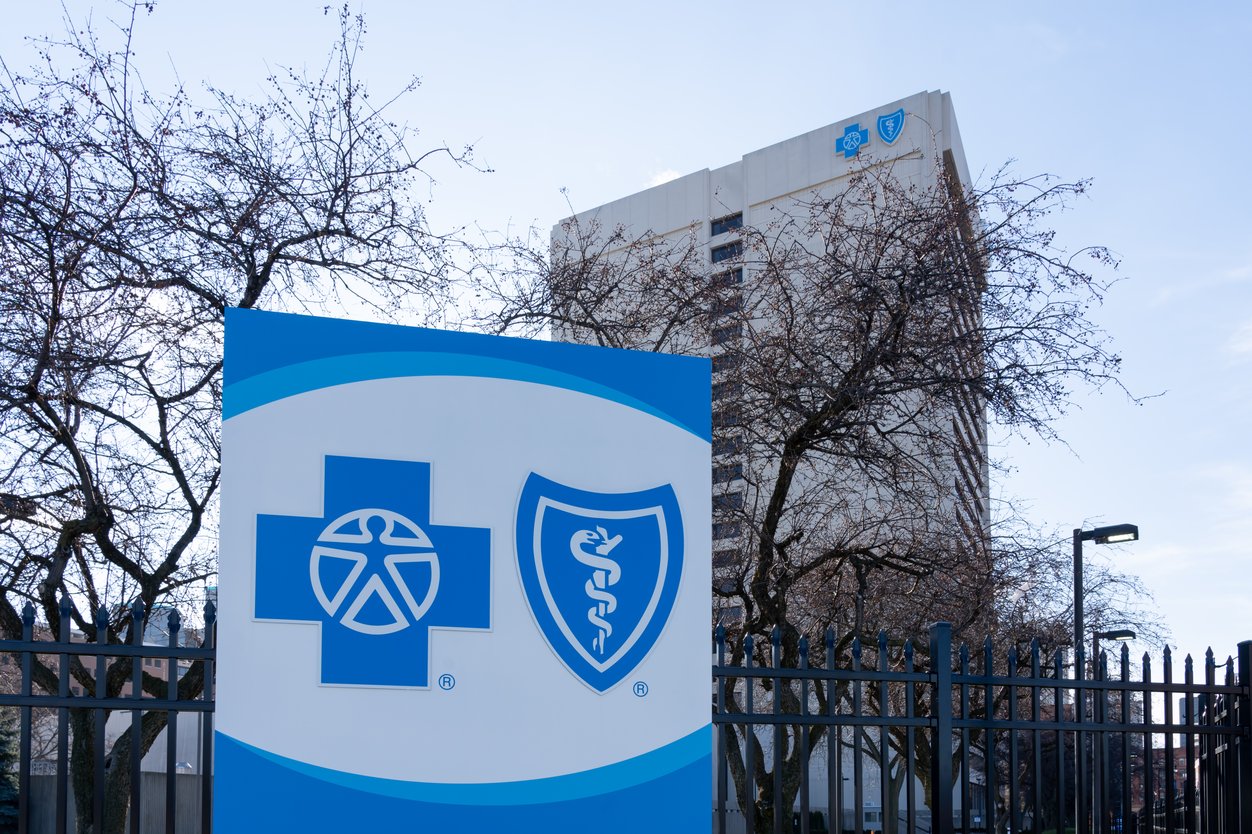insurance
The Blues are (mostly) in the black

Adobe
A $203 million tax refund for Blue Cross Blue Shield of North Carolina. Nearly $1.5 billion in profit for Health Care Service Corp., the parent of five Blues plans. A quadrupling of profit at BCBS of Alabama.
Publicly traded health insurers were not the only ones in the industry that continued to amass large windfalls in 2022. Many nonprofit and private Blue Cross Blue Shield companies ended last year with sizable gains that added to their mountainous cash reserves, according to an analysis of financial filings for 10 Blues companies.
The results underscore how much financial and political power the Blues still hold in their respective states, and how they broadly remain entrenched household names, particularly within the market for employer-based health insurance.
Read the story to learn more about the companies that fared the best, which two Blues lost money and why, and which BCBS affiliate has quietly dipped its toes into the waters of owning primary care providers.
technology
Excuse me, the AI scribes are making how much?
Hospitals are trying to buy their physicians’ happiness, but the price tag is high, secret, and ambiguous, according to an exclusive report from my colleague Brittany Trang.
Microsoft-owned Nuance Communications has developed an artificial intelligence platform called DAX that is supposed to relieve disgruntled physicians from having to finish up visit notes during lunch or “pajama time” by writing the notes for them with AI. Theoretically, the time-savings should allow physicians to see enough additional patients to give a return on the subscription.
But health system CIOs who talked to STAT said they hadn’t noticed a financial return, to the extent that one health system makes their physicians pay for it out of pocket if they want it, and they do — even if it means over $1,500 disappears from their paychecks each month.
Read Brittany’s story, and send any DAX prices, hospital system product horror stories, or doctor/nurse industry gossip to brittany.trang@statnews.com.
hospitals
Sure, why not another big hospital merger
Hospital merger consultants are making hay right now. The latest deal: BJC HealthCare in St. Louis and Saint Luke’s Health System in Kansas City have signed a nonbinding agreement to merge.
The combined system would operate almost 30 hospitals, generate more than $9 billion of annual revenue, and hold immense negotiating power over insurers and employers across Missouri. If it passes antitrust review, the deal could close by later this year.
This is an obligatory reminder that all of the academic literature has consistently found that hospital consolidation raises prices for everyone and doesn’t improve care quality.
And yet, hospital mergers have been rolling out at a feverish pace over the past year (although there has been some pushback from regulators). Large regional transactions have included Froedtert Health and ThedaCare in Wisconsin, University of Michigan Health and Sparrow Health in Michigan, and so many others. Recent cross-market deals creating behemoth hospital systems include Kaiser Permanente and Geisinger, UnityPoint Health and Presbyterian Healthcare Services, and Sanford Health and Fairview Health Services.



